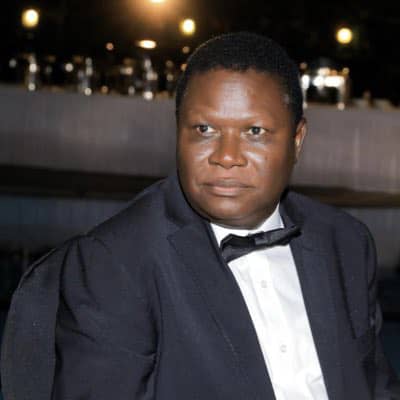The Justice and Constitutional Affairs Minister Norbert Mao has called for a reduction in the number of Members of Parliament to 300.
Mao expressed his views on Wednesday while giving his speech during a dialogue on strengthening citizens’ engagement in elections.
He said if Uganda is to revise the election laws, the constitution itself must be looked at as a whole because it’s the cement that will bring together different characters and ideas from different regions of the country.
“The constitution is the glue and the glue cannot be a person! Sometimes people make a mistake that a person on account of his/her own will can be the glue, eventually, you will build an institution that must be able to reform everything,” he said.
Mao explained; “This is a start of a very important issue and let’s not mix it with our talk shows, because we are now building representative democracy, therefore we must reform the electoral system, and proportional representation must not be overlooked because it has been used in those stable country. Our current proposal is that an MP should represent 150,000 people, I know there are MPs who represent 3000 people but if we take this, that will automatically reduce the size of Parliament at most to 300 MPs.”
He added that reducing the size of Parliament will solve some of the major problems that many Ugandans don’t want to talk about.
“A Parliament bigger than one of Nigeria, bigger than of the United States, I know many fear your MPs but if you are really designing a constitution you have to talk about this. With 300 MPs, we will be saving money that would be paying the other 230 Members of Parliament. This money will be doing other programs like Parish Development Model,” he said.
Mao explained that because of the population after reducing the size, they will create a senate where all people will be represented.
“We shall have the lower and Upper chamber. The Upper chamber must be of reflective ladies and gentlemen such that no law is passed because of feelings. The lower Chamber will accomodate the majority,” he said.
Currently, the size of Uganda’s Parliament is over 500 members however the plans of reducing on the number have always been on the table since 2019.
According to the audit reports by the African Leadership Institute (AFLI), a governance monitoring organisation, there is no evidence of increased effectiveness in a big parliament.
The study shows that while Parliament performed relatively well in its legislative role by passing 27 laws during the third session from July 2018 – to June 30 2019, only half of the lawmakers participated in house debates and committee work.
That means the other half of parliament is not active in the legislative function. According to Dr Gerald Wanzala Werikke, the head of civic engagement and research at AFLI, increasing numbers means that participation in the legislation will be even lower, which means the voters are not being effectively represented in this aspect of parliamentary work.
In the East Africa region, Uganda has the second-biggest Parliament with over 500 Members. Kenya has two-chamber Parliament with 394 seats in the National Assembly and 67 in the Senate. Tanzania has a 393-seat Parliament however both Kenya and Tanzania have bigger populations than Uganda.
Rwanda also has a two-chamber House with 80 members in the National Assembly and 26 members in the Senate. In contrast, Burundi has up to 121 directly elected and co-opted MPs in its National Assembly and between 43 in the Senate.
South Sudan as well currently has 170 seats in the Transitional National Legislative Assembly and 50 in the Council of States.
Democratic Republic of Congo the second largest country in Africa has 608 members of Parliament,500 in the Lower chambers and 108 in the Upper chambers yet in size the Democratic Republic of the Congo is 87.3 per cent larger than Uganda.
Do you have a story in your community or an opinion to share with us: Email us at Submit an Article









